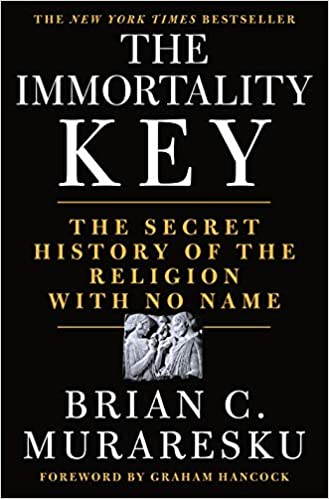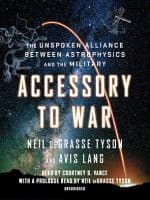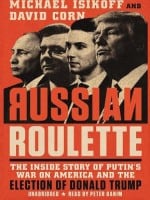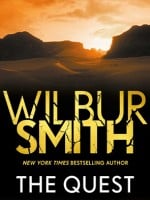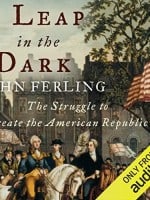The Immortality Key Audiobook by Brian C. Muraresku, Graham Hancock – foreword
Dive into the profound exploration of psychedelics in The Immortality Key audiobook by Brian C. Muraresku with Graham Hancock’s foreword. Uncover ancient secrets as you follow Muraresku’s 12-year quest for evidence linking visionary plants to Western civilization’s roots. Narrated by the authors themselves, this audiobook promises an eye-opening journey through history and spirituality. Ready to challenge your beliefs? Listen for free on Ezaudiobookforsoul.com and discover a world beyond imagination.
As the morning sun filtered through the leaves of my favorite garden spot, I immersed myself in The Immortality Key audiobook by Brian C. Muraresku with a foreword by Graham Hancock. Surrounded by the gentle chirping of birds and the scent of blooming flowers, I embarked on a journey that challenged my perceptions and beliefs.
Muraresku’s exploration into the role of psychedelics in ancient civilizations was both enlightening and thought-provoking. His meticulous research and compelling narrative drew me in from the start. The idea that visionary plants may have played a crucial role in shaping Western civilization was a revelation that left me pondering long after I finished listening.
Through Muraresku’s engaging narration, I delved into the mysteries of ancient rituals and traditions, connecting dots between pagan practices and early Christian beliefs. The author’s dedication to uncovering hidden truths, even delving into Vatican archives, added layers of intrigue to an already captivating story.
Listening to Graham Hancock and Brian C. Muraresku narrate their own work added a personal touch that enhanced my listening experience. Their voices carried nuances of passion and expertise, making complex historical concepts accessible and engaging.
The Immortality Key is not just a book; it’s a gateway to reevaluating our understanding of spirituality, history, and human consciousness. It challenges us to question established narratives and consider new perspectives on the origins of religious traditions.
| Author | |
|---|---|
| Narrator | |
| Language |
- Soulful_ExplorationThe Immortality Key Audiobook
- 01The Immortality Key Audiobook
- 02The Immortality Key Audiobook
- 03The Immortality Key Audiobook
- 04The Immortality Key Audiobook
- 05The Immortality Key Audiobook
- 06The Immortality Key Audiobook
- 07The Immortality Key Audiobook
- 08The Immortality Key Audiobook
- 09The Immortality Key Audiobook
- 10The Immortality Key Audiobook
- 11The Immortality Key Audiobook
- 12The Immortality Key Audiobook

